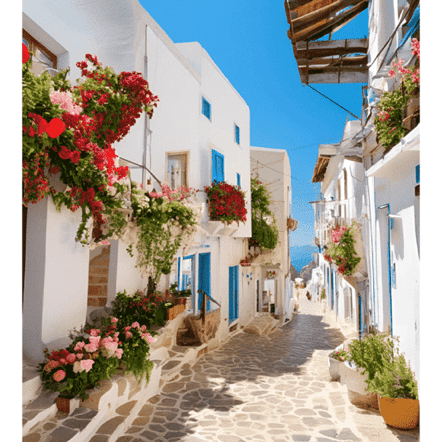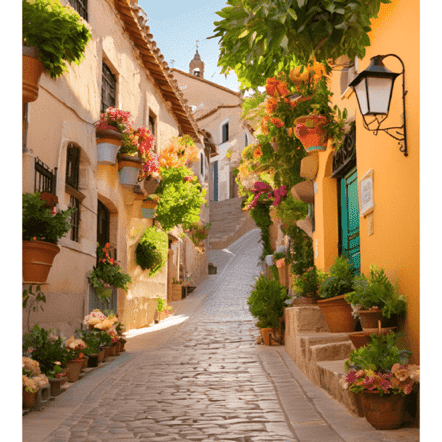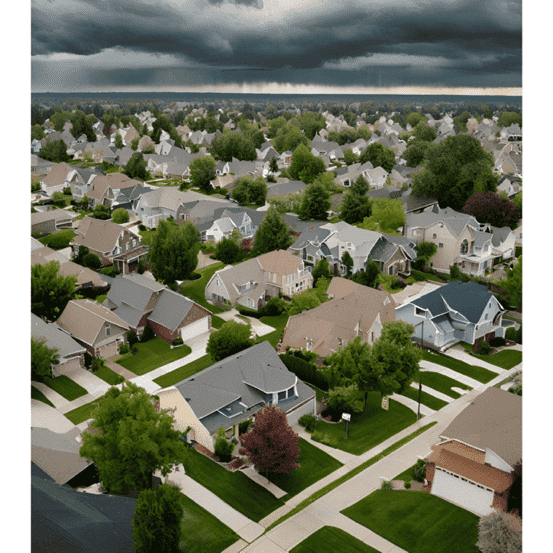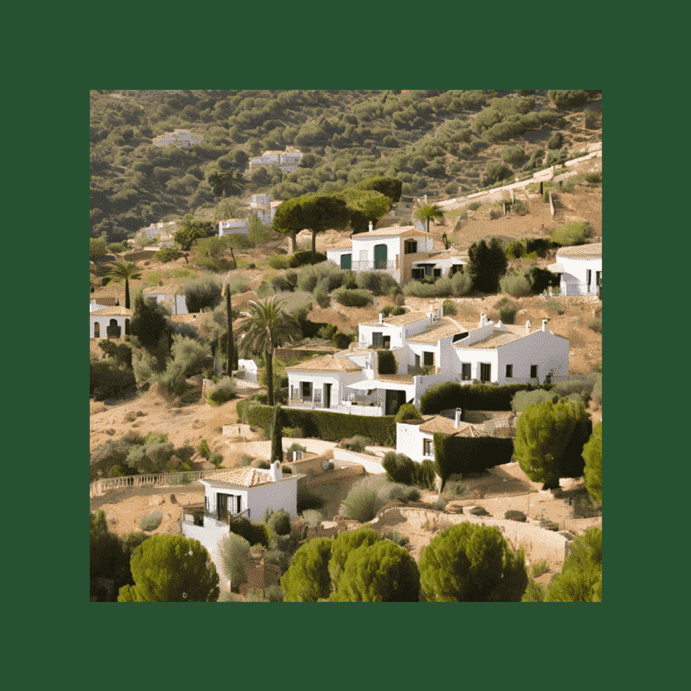Buying Land in Spain as a Foreigner: A Complete Guide
Learn the essential steps for safe land purchases in Spain. Navigate local regulations and make informed decisions on buying land in Spain as a foreigner.
Buying land in Spain is a dream for many, especially for those looking to build their ideal villa in the sun. However, this significant investment comes with its own set of challenges and intricacies, particularly for foreign buyers unfamiliar with the local regulations and practices. This article aims to provide a thorough understanding of the essential steps and considerations involved in buying land in Spain as a foreigner, ensuring that your investment is both safe and rewarding.
Understanding the Spanish Real Estate Landscape
Before diving into the specifics of purchasing land, it is crucial to grasp the broader context of the Spanish real estate market. Spain's diverse geography and rich culture make it an attractive destination for property investment. However, the legal framework governing land purchases can be complex and varies significantly from one region to another.
Types of Land in Spain
In Spain, land is categorized into two primary types: urbano and rustico. Urbano land is generally designated for development, while rustico land is typically reserved for agricultural use. However, the distinction is not always clear-cut. Urbano land can sometimes be found in rural areas, and under certain conditions, rustico land may be developed. Understanding these classifications is vital for any prospective buyer.
The Importance of Professional Guidance
Given the complexities involved, it is highly advisable to seek independent professional advice before making any commitments. Engaging a qualified architect or real estate consultant can help navigate the intricacies of Spanish property law, ensuring that your purchase is compliant with local regulations.
Key Considerations When Buying Land in Spain
1. Conducting Due Diligence
Before proceeding with a land purchase, conducting thorough due diligence is essential. This includes verifying the legal status of the land, understanding zoning regulations, and assessing any potential restrictions on development.
Planning Regulations
Each municipality in Spain has its own set of planning regulations that dictate what can and cannot be built on a given plot of land. Obtaining a cédula urbanística (town planning certificate) is a crucial step in this process. This document outlines the zoning classification, permissible uses, and building restrictions for the land in question.
2. Engaging an Architect
An architect can provide invaluable insights into the feasibility of your project. They will assess the land based on your vision, taking into account factors such as solar orientation, topography, and potential views. This assessment will help identify any hidden defects or issues that may affect your ability to build.
Development Appraisal
After evaluating the site, your architect can prepare a development appraisal cost spreadsheet. This document will outline estimated costs associated with the project, allowing you to budget effectively and negotiate the purchase price of the land.
3. Understanding Local Regulations
Local building norms can vary significantly, impacting everything from the maximum height of your villa to the materials you can use. It is essential to familiarize yourself with these regulations to avoid any surprises during the construction process.
Building Restrictions
For instance, regulations may dictate that you can only build on a certain percentage of the plot. Additionally, there may be restrictions on the total construction area, which can affect your design plans. Engaging a local architect to review these regulations is crucial to ensure compliance.
4. Legal Documentation and Rights
When buying land in Spain as a foreigner, it is vital to ensure that all legal documentation is in order. This includes verifying property boundaries, access rights, and any community ownership responsibilities.
Border Disputes
In rural areas, property boundaries may not always be clearly defined. If you are purchasing unfenced land, it is advisable to conduct a topographical survey to avoid potential disputes with neighbors.
5. Access to Services
Most urban plots will have access to essential services such as electricity, water, and sewage systems. However, this may not be the case for rustic land. It is crucial to verify the availability of these services and any associated costs before finalizing your purchase.
Water Rights and Wells
If the land has a well, ensure that it is properly licensed and maintained. Water rights are highly regulated in Spain, and obtaining a license to dig a new well can be challenging.
Topography and Geology: Key Factors in Land Purchase
Topographical Considerations
The topography of the land can significantly impact construction costs and feasibility. Steep slopes may require additional excavation and engineering, which can increase your overall budget.
Geological Surveys
Conducting a geological survey is essential to assess the stability of the land. This survey will inform your architect about the necessary foundation specifications and any potential challenges related to the site's geology.
Navigating the Purchase Process
1. Making an Offer
Once you have conducted your due diligence and are satisfied with the findings, you can proceed to make an offer on the land. It is advisable to work with a lawyer who specializes in Spanish property law to ensure that all legal aspects are covered.
2. Finalizing the Purchase
Upon acceptance of your offer, a private purchase contract will be drawn up. This contract should outline all terms and conditions of the sale, including payment schedules and any contingencies.
3. Completing the Transaction
The final step in the process is to complete the transaction at a notary's office. This is where the title deed will be officially transferred to your name. It is essential to ensure that all documentation is in order before this step to avoid any legal complications.
Buying land in Spain as a foreigner can be a rewarding experience, but it requires careful planning and consideration. By understanding the local regulations, engaging professional help, and conducting thorough due diligence, you can navigate the complexities of the Spanish real estate market with confidence. Whether you envision a tranquil villa by the sea or a rustic retreat in the countryside, being well-informed will empower you to make the best decisions for your investment.
Buying Land in Spain as a Foreigner: A Complete Guide
Greece: Europe’s Fourth Cheapest Real Estate Market
Greece: Europe’s Fourth Cheapest Real Estate Market
Explore why Greece stands out as one of Europe’s most economical real estate markets, attracting savvy investors seeking value and opportunity.

Surge in Scottish Home Sales: UK Real Estate Update
Surge in Scottish Home Sales: UK Real Estate Update
Scottish home sales and enquiries surged in October, with a third of surveyors reporting the fastest growth in years, signaling a vibrant market.

Spain: A Leading Market in European Real Estate
Spain: A Leading Market in European Real Estate
Explore how Spain is becoming one of Europe's most promising real estate markets, excelling in retail, logistics, and hotel sectors for strategic growth.

Greece Real Estate Market: Rise of Serviced Apartments
Greece Real Estate Market: Rise of Serviced Apartments
Explore the growing demand for serviced apartments in central Athens, where integrated hospitality services attract savvy investors in the Greece real estate market.

Home Prices Hit by Climate Change, J.P. Morgan Warns
Home Prices Hit by Climate Change, J.P. Morgan Warns
J.P. Morgan analysts reveal a negative link between climate risk and home price appreciation. Explore the emerging trends and their impact.


